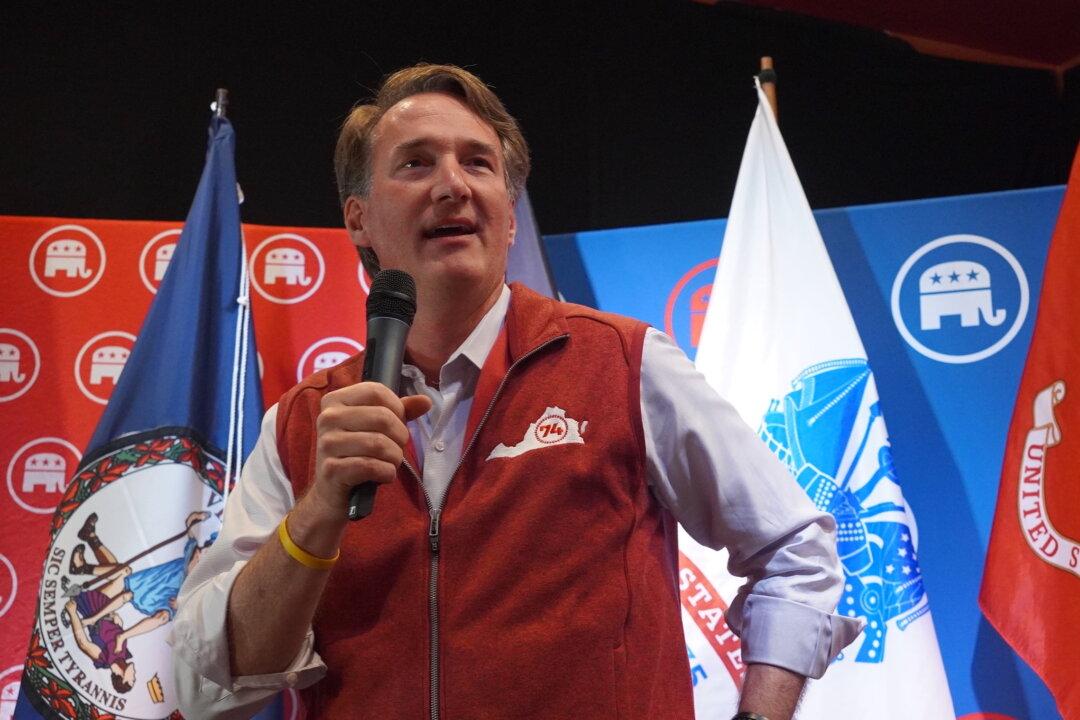The town hall meeting hosted by CNN on March 9 highlighted Virginia Gov. Glenn Youngkin’s fight over critical race theory (CRT)—a Marxism framework that views America as systematically racist. His road has been bumpy.
In his opening remarks, Youngkin described the Commonwealth as having some of the best schools but are plagued with lower standards and academic performance, partly due to focusing on equity—equal outcomes—and CRT.



